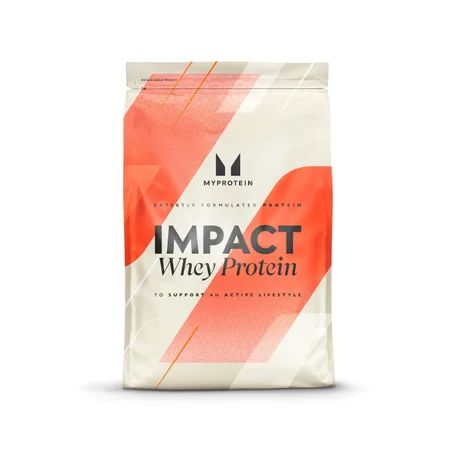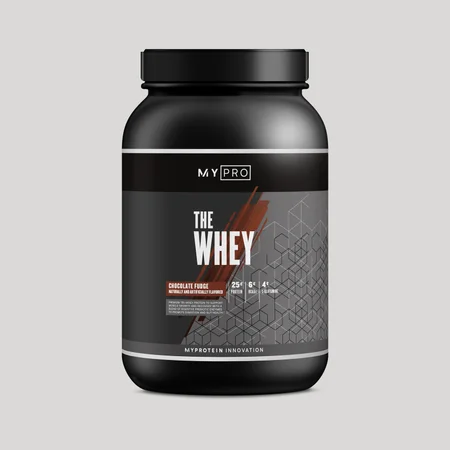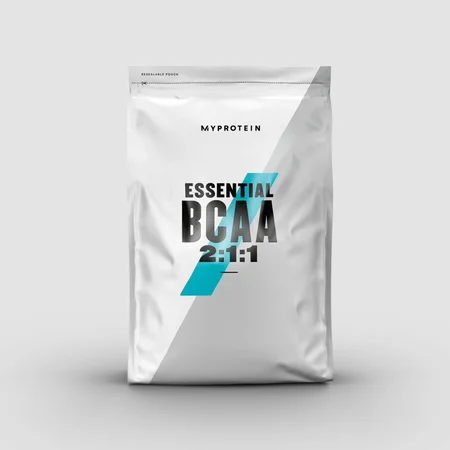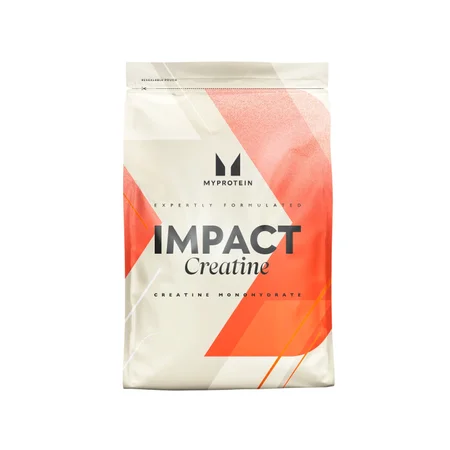Is Whey Protein Good For Weight Loss?
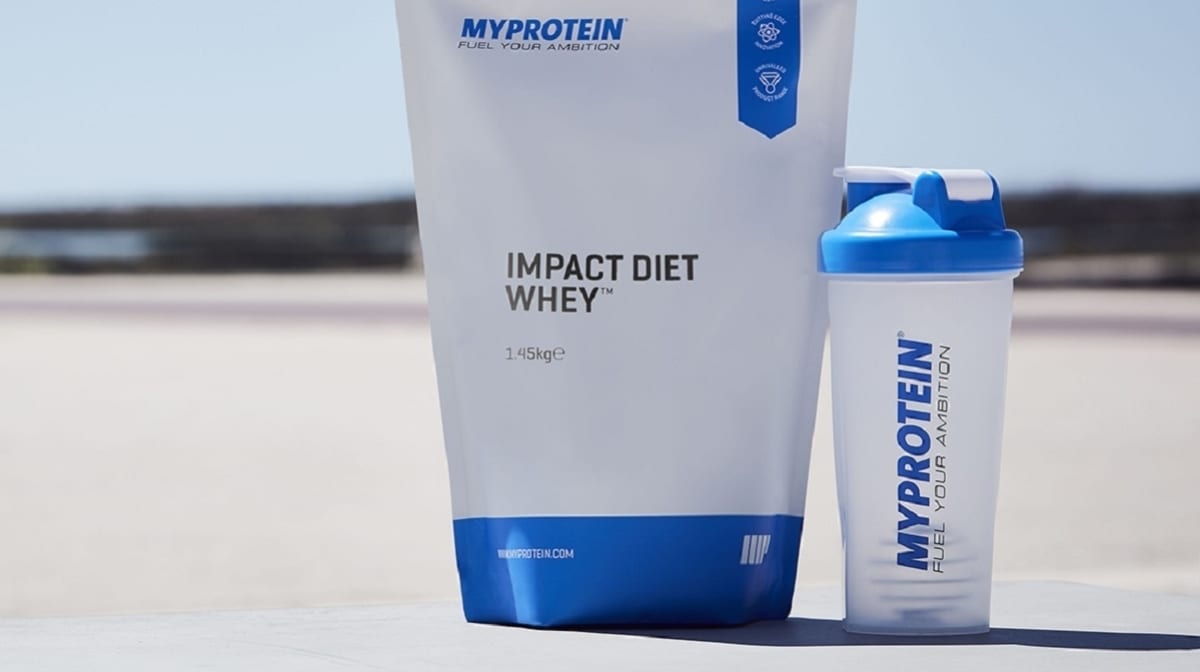
Whey protein is well-known as a supplement for bodybuilders and athletes, but is whey protein good for weight loss? Read on for the reasons why including whey protein in your diet may assist in your quest to lose fat.
Weight loss, or fat loss?

First up, the difference between weight loss and fat loss must be clarified. Weight loss means losing weight from all over the body, including fat stores and muscle. However, fat loss is a reduction of body fat - coupled with muscle gain this means your weight on the scale may stay the same or even increase.
That's why when undertaking a diet and exercise plan the scale is not the best measure of success. Measure yourself weekly and track the over all change in waist or hip size - although 5lb of muscle weighs the same as 5lb of fat, muscle is more densely packed and takes up less space in the body than fat, as in the left image.
As both weight loss and fat loss are used interchangeably in US culture, throughout this article both terms are used, though strictly the benefit of whey protein on fat loss is addressed.
So is whey protein good for fat loss?

In a word - yes! The following key reasons make whey protein a good addition to your diet if you are trying to lose weight.
First up, whey protein helps to increase muscle, and more so than other types of protein as it is the most effective at protein synthesis. This is thanks to the high levels of amino acid leucine present. Though this may increase your weight the increased muscle will fire up your metabolism and burn more calories, even at rest, therefore assisting in fat loss; a higher percentage of muscle compared to fat means your BMR - that's your basal metabolic rate, the amount of energy expended just living every day - is higher.
Speaking of burning calories, even just digesting whey helps to do this, as it is a thermogenic food. This shouldn't be depended on for weight loss, however, so is just a helpful addition to an overall healthy diet and exercise plan!

When following a weight loss diet, enough calories should be consumed so you reach macro and micro nutrient goals, although feeling hungry can unfortunately be a fairly frequent occurrence. Whey protein increases the production of a peptide which stimulates the satiety hormone, so you feel fuller for longer, so drinking a whey protein shake can help you get past a craving.
Although whey protein is usually consumed straight after exercise in order to repair muscles, a 2002 study showed that if consumed one hour before exercise more fat was burned than if the usual pre-workout fuel, a carbohydrate-based snack, was eaten, which actually encouraged the body to burn sugar as opposed to fat.
Excess whey calories are still excess calories

After singing the praises of whey protein for weight loss, it must be noted that excess calories are still excess calories, whether composed of whey protein or not. Whey protein should substitute snacks throughout the day, rather than an extra addition, and the number of calories consumed throughout the day should reflect your goals.
As whey protein is low in lactose it is tolerated well by the digestive system, and its effects are felt by the body for up to three hours afterwards. Reap the benefits of whey protein for fat loss by splitting 60g a day into 20g portions, mixed into a shake, stirred into oats, or baked into a whey protein cookie.

